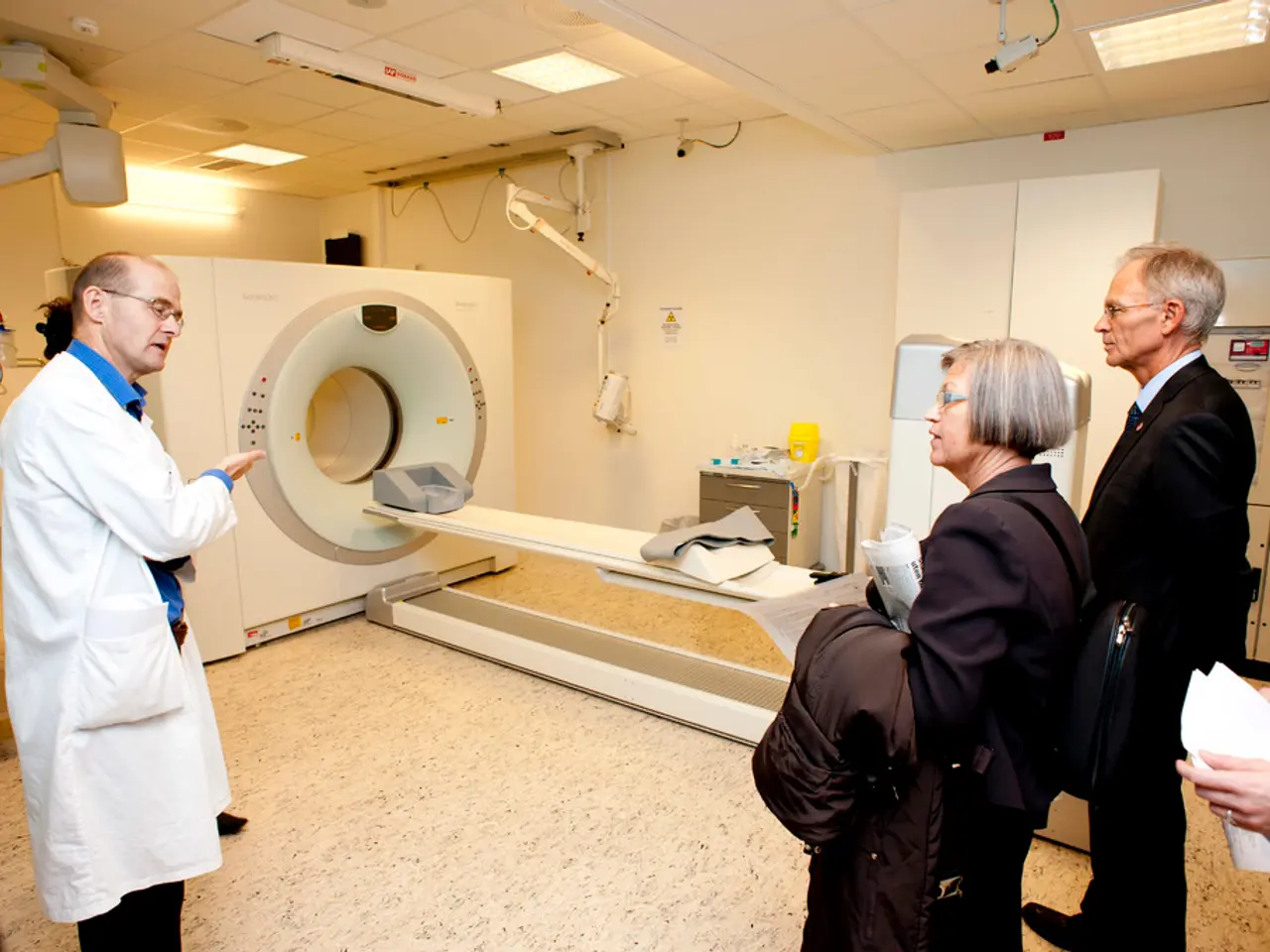Investigating the Link Between Fiscal Shortfalls and Cancer Incidences
Struggling Finances During Cancer Treatment: A Silent Crisis
Cancer treatment is a heavy burden, not just physically and emotionally, but also financially. This financial hardship, known as financial toxicity, can lead to debt, bankruptcy, and struggles to cover basic needs, making it a significant challenge for patients to access necessary treatment and care.
Cancer treatment often involves high out-of-pocket costs, indirect expenses such as travel and childcare, and lost income due to inability to work either by patients or their caregivers. This financial strain can force patients to delay or forgo necessary treatments, exacerbate emotional distress, and undermine adherence to therapy, thereby negatively impacting recovery and survival outcomes.
Studies show over half of cancer patients in the US face financial toxicity, with vulnerable populations, such as older adults, women, Black patients, low-income individuals, and the unemployed, disproportionately affected. For younger cancer survivors, financial toxicity can derail their entire financial future, with lasting income reductions and impaired work capacity persisting years after diagnosis, even in countries with universal healthcare.
Financial toxicity is linked to poorer quality of life and difficulties reintegrating into work and social life during survivorship. The strain can lead to increased emotional trauma, shame, and fear, further hindering recovery. Addressing financial toxicity through better support and integrated care models may improve both clinical and psychosocial outcomes for cancer patients.
To help alleviate these issues, financial guidance programs offer personalized assistance to cancer patients in understanding treatment costs, exploring financial assistance options, and managing health insurance reforms. Transparent pricing practices can also help patients make informed decisions about their healthcare expenses, reducing uncertainty surrounding medical bills.
Informal caregivers often shoulder out-of-pocket expenses and time burdens, and interventions aimed at reducing financial toxicity can support both patients and their caregivers. Cancer patients need compassionate care, affordable healthcare, emotional support, and community resources to navigate their cancer journey effectively.
It is essential for healthcare systems and policymakers to address the financial toxicity experienced by cancer patients and implement solutions to alleviate these issues. One of the hardest cancers to cure is pancreatic cancer, with a 5-year survival rate of about 10%. Effective cost management in cancer treatment involves seeking medical information and understanding the financial implications of treatment choices. Medication adherence is vital for cancer patients, as financial constraints may lead some to compromise their health by not following prescribed regimens.
In conclusion, financial toxicity acts as a critical barrier to effective cancer treatment and recovery by creating economic, emotional, and social hardships that can reduce treatment adherence, delay recovery, and worsen long-term survivorship experiences. By addressing financial toxicity, we can help improve the quality of life and recovery outcomes for cancer patients.
[1] American Cancer Society. (2020). Financial toxicity in cancer care. Retrieved from https://www.cancer.org/treatment/understanding-your-diagnosis/finding-care/financial-help/financial-toxicity-in-cancer-care.html
[2] National Cancer Institute. (2020). Financial toxicity in cancer care. Retrieved from https://www.cancer.gov/about-cancer/coping/feelings/financial-issues
[3] American Society of Clinical Oncology. (2020). Financial toxicity in cancer care. Retrieved from https://www.cancer.net/navigating-cancer-care/financial-considerations/financial-toxicity
[4] National Comprehensive Cancer Network. (2020). Financial toxicity in cancer care. Retrieved from https://www.nccn.org/patients/resources/financial_assistance/financial_toxicity/index.html
[5] American Society of Clinical Oncology. (2018). The impact of financial toxicity on cancer survivors. Retrieved from https://www.cancer.net/policy-and-advocacy/asco-in-action/impact-financial-toxicity-cancer-survivors
- Addressing financial toxicity, such as high out-of-pocket costs for medical-conditions like cancer, is crucial for patients to access necessary treatments and maintain health-and-wellness, as ongoing financial strain can negatively impact recovery and survival outcomes.
- Studies highlight that financial toxicity is a significant challenge for many cancer patients, particularly vulnerable populations like older adults, women, Black patients, low-income individuals, and the unemployed, who face a disproportionate impact in managing medical-conditions like cancer.




